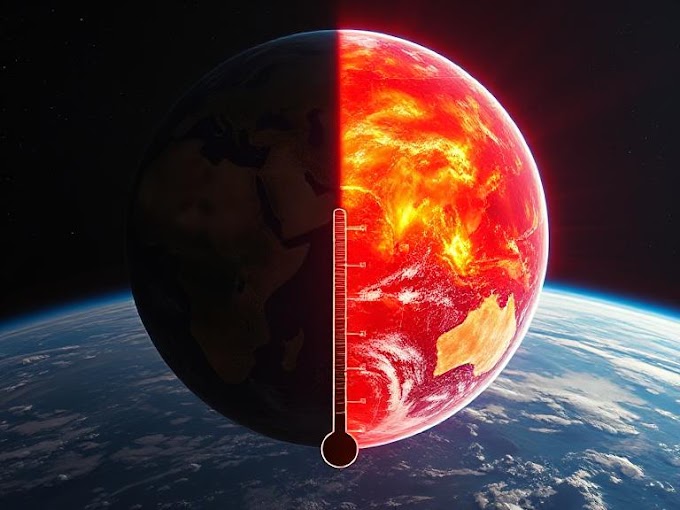What is Chikungunya Virus?
The Chikungunya Virus is a mosquito-borne infection caused by the Aedes aegypti and Aedes albopictus mosquitoes.
It spreads quickly in tropical and subtropical regions and causes severe joint pain, fever, and fatigue.
In recent years, travel-related cases have appeared in the United States, especially in southern states during summer.
Origin and History of Chikungunya Virus
Discovery and First Outbreaks
The virus was first discovered in 1952 in Tanzania, Africa.
Since then, several outbreaks occurred in Asia, Africa, and the Americas.
By 2014, local transmission was confirmed in Florida, USA — marking its entry into North America.
- 1952 : First detected in Africa
- 2004 : Major Asian outbreak
- 2014–2023: Imported USA cases increasing
Historical spread of Chikungunya from Africa to America
How Does Chikungunya Spread?
Chikungunya spreads when an infected Aedes mosquito bites a healthy person.
These mosquitoes usually bite during the day, unlike malaria-carrying mosquitoes that bite at night.
The virus does not spread directly from person to person, only through mosquito bites.
High-Risk Situations
-
Living near stagnant water
-
Traveling to tropical countries
-
Not using mosquito repellents
Symptoms of Chikungunya Virus
Chikungunya’s symptoms usually appear 2–7 days after a mosquito bite.
The most common sign is severe joint pain, which can last for weeks or even months.
Early Symptoms
- Sudden high fever
Headache and fatigue
Skin rash (especially on arms and legs)
Nausea or vomiting
Severe Symptoms
- Swelling in joints
- Muscle pain
- Long-term arthritis-like stiffness
Treatment and Home Care
There is no specific antiviral medicine for Chikungunya.
Doctors recommend rest, hydration, and pain relief to recover faster.
Avoid aspirin or other NSAIDs until dengue is ruled out, as both diseases are similar.
Home Care Tips :
- Drink plenty of fluids.
- Rest well and avoid heavy work.
Take paracetamol for fever and pain.
Eat light, healthy food to boost immunity.
Prevention Tips
Simple precautions can reduce your risk dramatically, even in high-risk areas.
Top Prevention Tips
- Use mosquito repellents (DEET-based)
Sleep under mosquito nets.
Wear long-sleeved clothes.
Keep surroundings clean.
Avoid stagnant water near your home.
Install window screens.
Global Impact and USA Connection
Though most cases occur in Africa and Asia, the USA has seen rising imported cases from travelers.Warmer climates and increased global travel have made mosquito-borne viruses a growing concern in 2025.
According to CDC, over 400 travel-related Chikungunya cases were reported in the USA in the last year.
Conclusion
Chikungunya Virus may not be deadly, but it causes intense pain and long recovery time.
Protecting yourself from mosquito bites is the most effective defense.
Stay updated with global health alerts and spread awareness among your community.
Also Read: Malaria vs Chikungunya — Key Differences Explained

.png)











.png)


